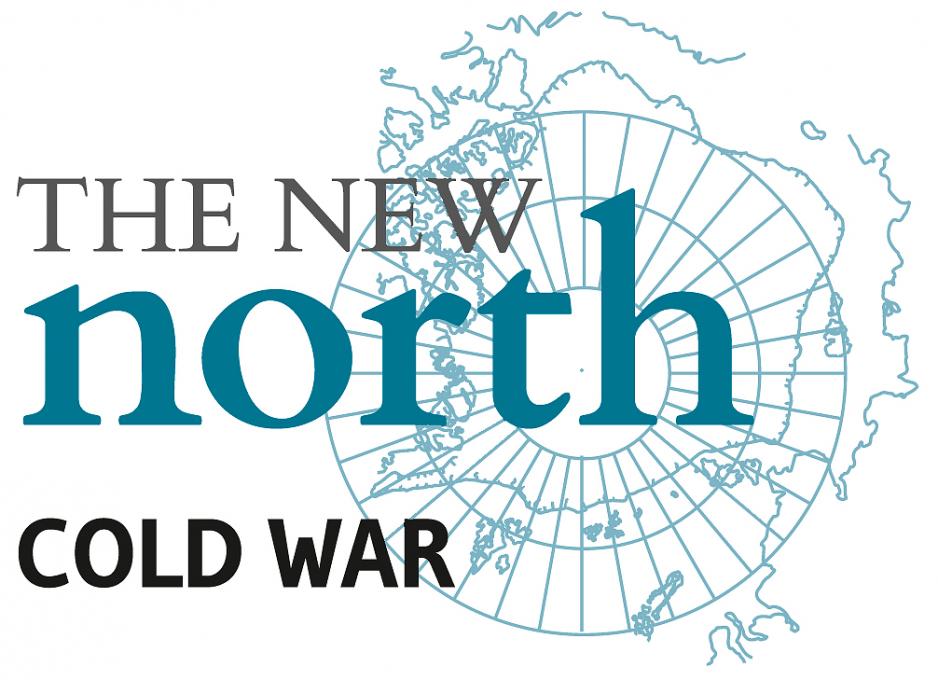- Comparisons about a new Cold War isn´t reflecting today’s realities

Jan-Gunnar Winther, Director of the Norwegian Polar Institute says the Arctic of today is an extraordinary stable region. Hence, comparisons about a new Cold War in the Arctic are not reflecting today’s realities.
However, as the Arctic becomes an essential part of a globalised world, it also holds a potential for gradual spill-overs:
- Also, as the region becomes more and more accessible, it becomes more “normalised” which may create a greater potential for being tied into larger, external geopolitical issues.
High North News is these days publishing an article series about The New North.
Following a statement from Russia´s Prime Minister Dmitry Medvedev in February, where he said: “One could go as far as to say that we have slid back into a new Cold War”, we have interviewed researchers, think tanks and security experts in nine different countries, all with an interest in the High North, about this topic.
Read all articles here.
Jan-Gunnar Winther thinks that in order to keep the Arctic this extraordinary stable region, it is important to secure and stimulate the positive development of the region. This includes the continuing adherence to international law, cooperation based on common interests, sustainable resource management and smart institution building.
In a previous HNN-article, two Finnish researchers argued that increased militarization would bring more infrastructure to the Arctic, which, as a matter of fact, is necessary for safe economic operations (such as shipping, fishing and resource extraction) and may provide Arctic regions and communities with additional revenue and thus drive socio-economic development.
- Enhanced Arctic infrastructure capabilities are without any doubt valuable for the development of the region; however, I question the perception of this being positive if it is a result of regional militarization, says Mr. Winther.

